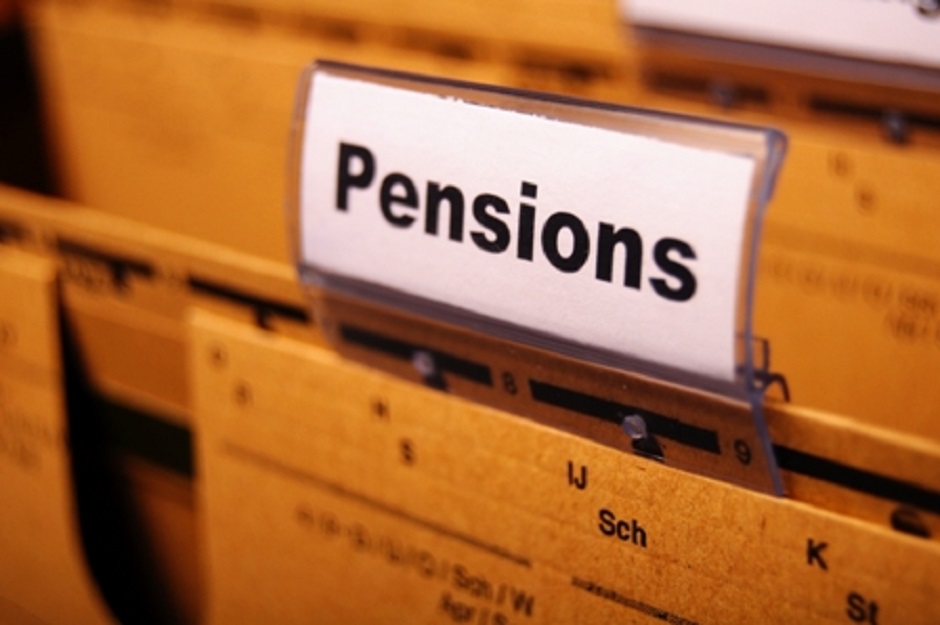Federal Employees Retirement System
Pensions under FERS are not reduced when a FERS retiree begins to collect Social Security. However, if you are a FERS Transferee, please continue reading some of the information below regarding the Civil Service Retirement System (CSRS) if you have military service in the CSRS portion of your future pension.
Note: A FERS Transferee is someone who transferred to FERS but has at least 5+ years of creditable service under CSRS that will be included in the computation of his/her federal pension.
In a future article, we will discuss a benefit called the FERS Annuity Supplement. This is a benefit that some FERS retirees will receive in addition to their pension under FERS.
Although the FERS Annuity Supplement is no longer payable once the FERS retiree reaches the age of 62, the pension based on service creditable under FERS will be unaffected by any Social Security benefit that might be received. But a retiree under FERS should be aware that the FERS Annuity Supplement stops at the age of 62, regardless of whether the retiree chooses to draw Social Security at that time or not.
Civil Service Retirement System
If you have always been under CSRS, future entitlement to Social Security benefits typically does not affect your CSRS pension. However, there are a couple of exceptions to this.
- If you will eventually retire under the CSRS Offset provisions, your CSRS pension would be reduced (offset) if you later become eligible for Social Security benefits based on your own work record. This reduction (offset) to your CSRS pension will either occur at the age of 62, date of retirement, or once you obtain your 40 credits under Social Security… whichever is later. I have written an extensive article on this subject. If you want to learn more about this, please click HERE for a detailed discussion regarding CSRS Offset.
- Under CSRS (which includes CSRS Offset and FERS Transferees with a CSRS component in their retirement benefit), any unpaid military deposit service creditable under CSRS might be removed from the computation of your pension once you become eligible for Social Security.
Let’s discuss this 2nd exception during this article below.
Military Service Used in the Computation of Your CSRS Pension
For the purpose of this article, “creditable military service” is federal active military service that is not currently being used in the computation of one’s military retirement from active duty (unless the military retirement pay was awarded on account of a service-connected disability incurred in combat, or caused by an instrumentality of war, or under the provisions of Title-10 (Reserve Retirement)).
If you were first covered under CSRS after September 30, 1982, you would need to pay your military deposit for any creditable military service you want to include for retirement purposes under CSRS. In this situation, if you pay your military deposit, the military service will be used for both retirement eligibility and computation purposes under CSRS.
If you don’t pay the military deposit, the military service would not be used at all. In the latter situation, your military service might be included in your Service Computation Date (SCD) for Leave accrual purposes, but it would not be included in your Retirement SCD (for retirement eligibility or computation purposes) unless you paid the military deposit.
If you intend to pay your military deposit, you must do so before you separate from federal service. With very few exceptions, military deposits must be paid to your employing agency and cannot be paid after you separate or retire.
But many folks were employed by the federal government and obtained their initial CSRS appointments prior to October 1, 1982. For these individuals, once they were vested under CSRS, any creditable military service they might have could be used for retirement purposes under CSRS without making the military deposit. For these individuals, their creditable military service will always be part of their Retirement SCD to determine eligibility for retirement.
For example, if I am CSRS… I can retire at the age of 55 with 30 years of creditable service. If I have 5 years of creditable military service and will have 25 years of creditable federal civilian service once I reach the age of 55, then I would have the necessary 30 years to be eligible for my retirement under CSRS at that time.
In the example above, I would also receive 5 years of service credit in the computation of my CSRS pension even if I did not pay my military deposit (because I was first appointed under CSRS prior to October 1, 1982). In this situation, my CSRS pension would include retirement income based on my military service credit.
However, when I reach the age of 62, the Office of Personnel Management (OPM) will contact Social Security to see if I have earned 40 credits under Social Security based on my own work record. If I will not have my 40 credits by then, OPM will let me keep the military service in the computation of my CSRS pension for the rest of my life (even if I eventually obtain my 40 credits under Social Security later in life).
For CSRS retirees with unpaid military deposit service, OPM only contacts Social Security once. This happens at the age of 62, or date of retirement… whichever is later. For unpaid military deposit service, OPM does not continue to check with Social Security after this initial contact. This is sometimes called the CSRS “Catch-62” rule.
In the example above, if this individual did have his/her 40 credits by age 62, his/her military service would only be used in the computation of the CSRS pension payable before the age of 62. At age 62, if OPM finds out you have your 40 credits, they will remove the military service from the computation of your CSRS pension for the rest of your life.
In this situation, if I think I will have my 40 credits under Social Security by the time I reach the age of 62 (or by the time I retire under CSRS, whichever is later), then I might want to consider paying my military deposit before I separate for retirement. As long as you pay your military deposit before you separate from the federal government, there will be no need for OPM to contact Social Security under the “Catch-62” rule.
If you plan to retire after the age of 62 and you don’t expect to have your 40 credits under Social Security by then, you would not need to pay your military deposit to receive service credit in the computation of your CSRS pension. Remember, under the CSRS “Catch-62” rule, it’s a “one-time look” by OPM… at age 62 or date of retirement, whichever is later.


















